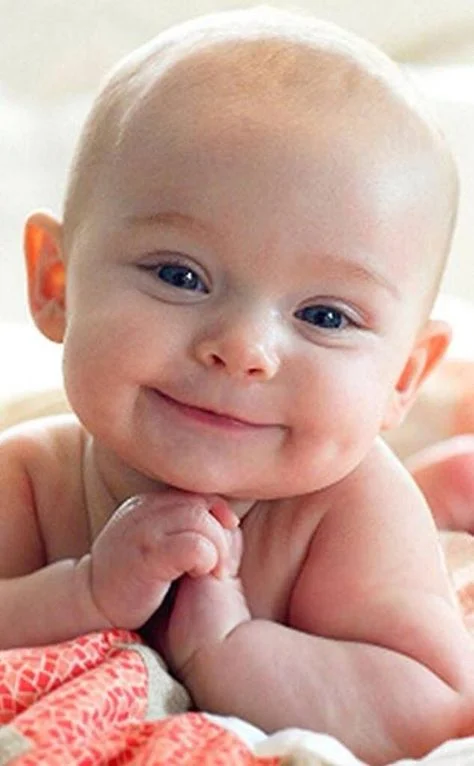Parenting often comes with its share of regrets. For instance, I wish I had taken my son’s pacifier away sooner; now at two, he cherishes it more than anything—perhaps even more than me. I also spent countless hours worrying about his milestones, like walking or talking. Even the choice of his car seat, which has tangled straps, feels like a small regret in the grand spectrum of parenting.
However, the decision of whether or not to have another child weighs heavily on my mind. This choice feels monumental, and I want to avoid regretting it later. I firmly believe that there is no universal solution for determining family size. The stereotypes surrounding only children—labeling them as lonely or selfish—are outdated and inaccurate. My son, should he remain an only child, will not be deprived of meaningful relationships or personal fulfillment. During my years as a teacher, I encountered many wonderful and well-adjusted only children.
After two years marked by sleepless nights and the chaos of early childhood, I am finally beginning to rediscover myself. Although I’ve transitioned into a new version of “mother,” I still feel like me. As an introvert, I appreciate the time and space I now have to pursue personal and professional interests. I enjoy watching my son develop into his own person, and at this moment, I feel complete with one child. Nevertheless, as I approach 39 this summer, I recognize that my decision time is limited.
My feelings are further complicated by personal experiences that resonate deeply with me. My father passed away from cancer at 53, when I was just turning 30. My siblings and I were scattered across the Northeast while our parents lived in Florida. When I learned of my father’s illness, it was my sister who delivered the news. The emotional weight of that moment changed our lives irreversibly.
As I navigated my father’s final months, I was grateful for the support of my siblings. Together, we held vigil during those difficult weeks, and I vividly remember the comfort I found in my brother’s presence during our father’s passing. At his funeral, while I struggled to find words, I felt assured knowing my siblings would eloquently express what needed to be said.
Reflecting on those experiences, I cannot imagine my life without my siblings. They have been integral to my journey from childhood to parenthood. Yet, despite my academic training in research methodology, this decision about family size is ultimately one that must align with my emotions. It feels intertwined with themes of life, love, and loss, and I am apprehensive about potential regrets, regardless of the route I choose.
While I find comfort in the evidence suggesting that only children do just as well as their peers, this research only tells part of the story. My current feelings as a mother and individual are significant, but they are just one aspect of an evolving family narrative that will encounter unforeseen challenges and joys. I don’t want to deny my son the opportunity to experience life’s ups and downs with siblings.
Rational analysis of research and statistics can provide insight, yet it cannot dictate such a deeply personal decision. My heart remains uncertain, and I await its guidance.
For those interested in learning more about home insemination methods and fertility journeys, check out this informative post on intracervical insemination, or for comprehensive guidance on artificial insemination, visit Make A Mom. Additionally, the CDC offers excellent resources on pregnancy and home insemination.
Summary
In conclusion, the decision to expand one’s family is highly personal and complex. It is shaped by individual circumstances, emotions, and experiences. While research suggests that only children can thrive just as well as those with siblings, the choice ultimately lies in the heart, influenced by personal narratives and the desire to provide the best environment for a child’s development.
